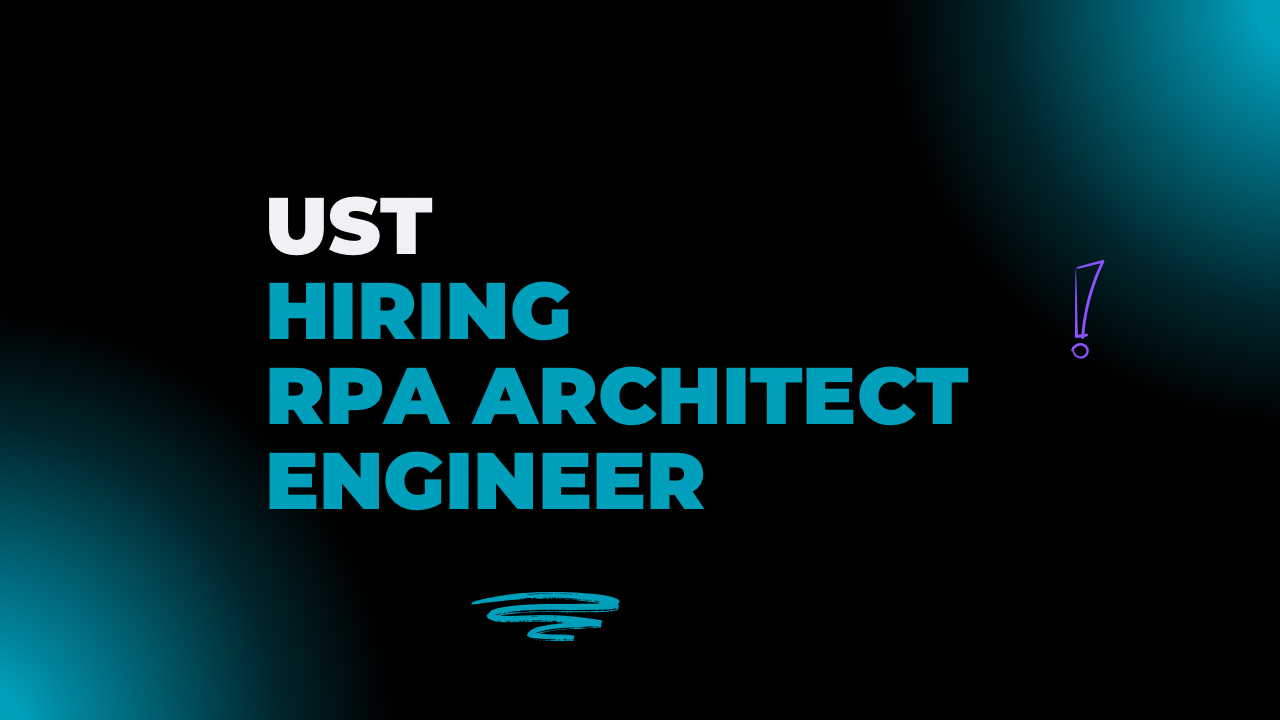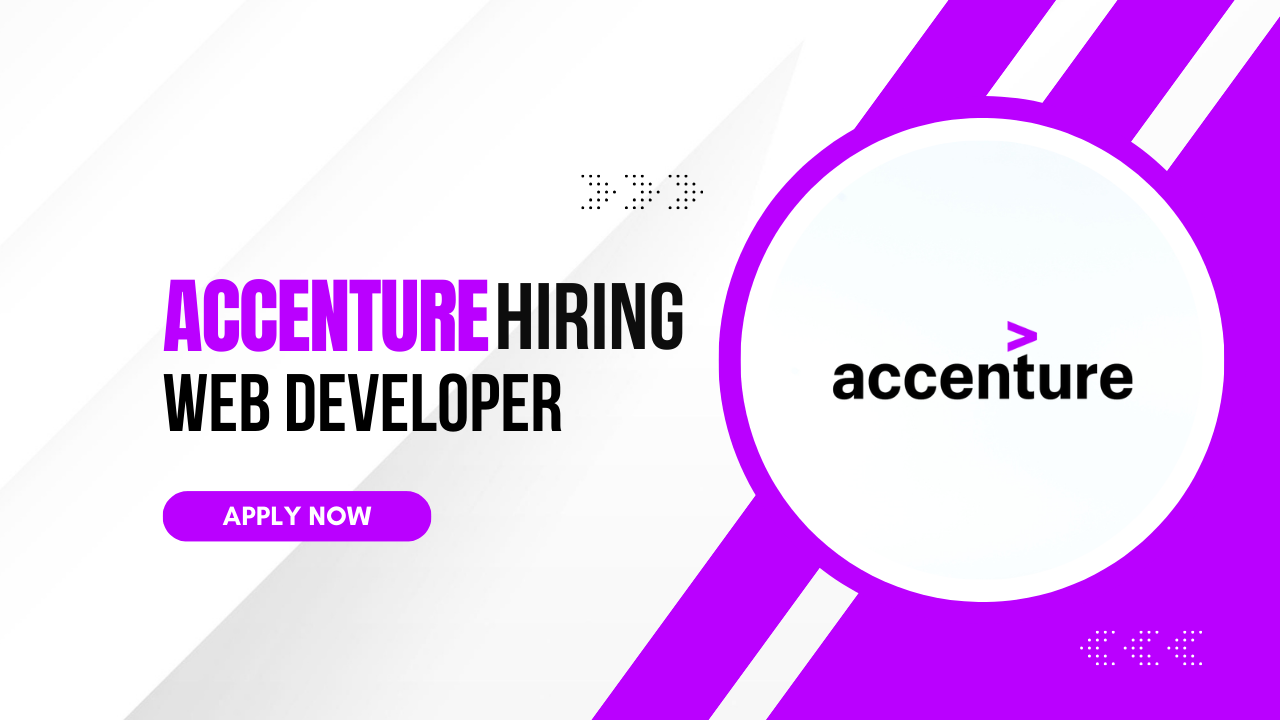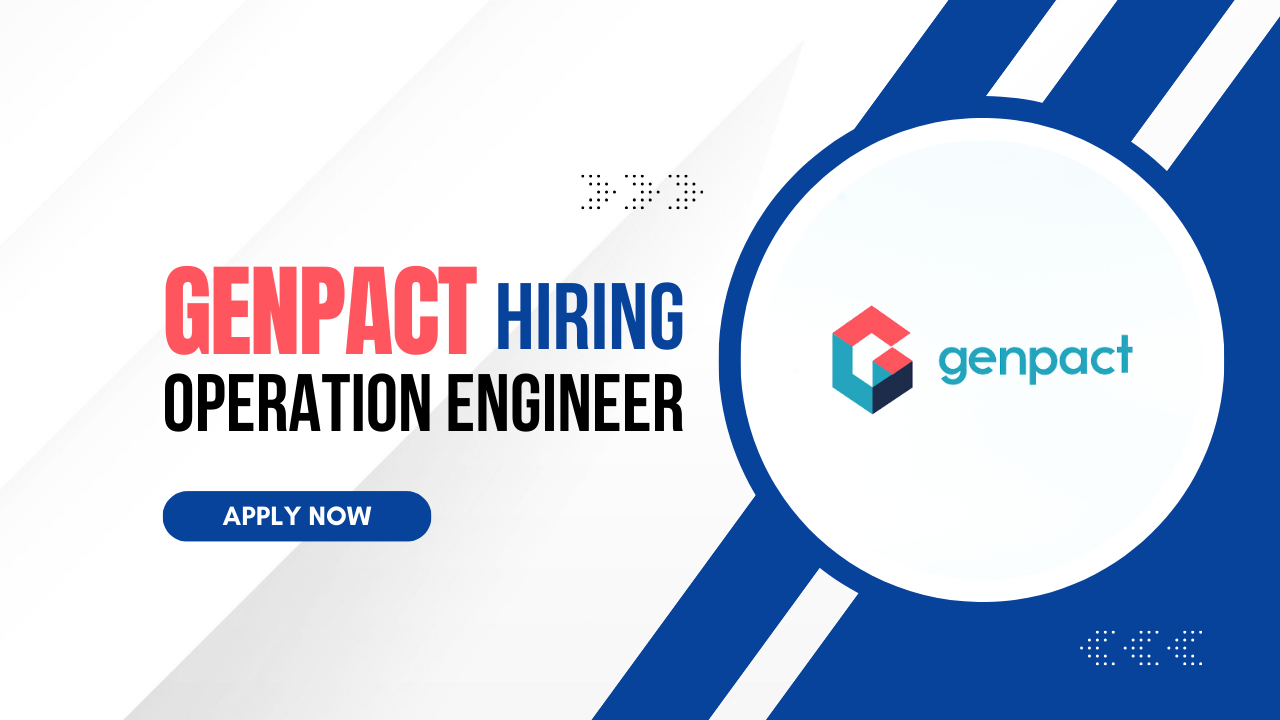Advitha Tech Solutions Recruitment Drive:–
Advitha Tech Solutions Recruitment drive 2024: Hey tech enthusiasts! Advitha Tech Solutions is seeking talented Microsoft Fullstack Engineers to join their growing teams in Pune, Mumbai, and Chennai. If you’re passionate about software development and have hands-on experience with Dotnet Core, MVC, ASP.Net WebAPI, C#, React, and Azure services, this could be the perfect role for you. At Advitha, you’ll be working on cutting-edge technologies and delivering high-impact projects. If you’re someone who thrives in a fast-paced environment and is eager to grow, don’t miss out on this exciting opportunity. Ready to take your career to the next level? Head over to Kaabil Jobs to apply now and join Advitha Tech Solutions, where innovation meets expertise!
𝐏𝐚𝐲 𝐀𝐟𝐭𝐞𝐫 𝐏𝐥𝐚𝐜𝐞𝐦𝐞𝐧𝐭 𝐓𝐫𝐚𝐢𝐧𝐢𝐧𝐠 𝐏𝐫𝐨𝐠𝐫𝐚𝐦- 𝐆𝐞𝐭 𝐏𝐥𝐚𝐜𝐞𝐝 𝐈𝐧 𝐓𝐨𝐩 𝐌𝐍𝐂’
Overview
Qualifications
- 4 to 9 years of experience as a Microsoft Fullstack Engineer.
- Proficiency in Dotnet Core, MVC, ASP.NET Web API, C#, and SQL.
- Experience with front-end technologies like React.
- Knowledge of Azure services such as Azure Functions, Service Bus, API Management, Cache, Logic Apps, and PaaS.
- Strong problem-solving abilities and a proactive attitude.
- Ability to work effectively within a team and handle multiple tasks simultaneously.
- Excellent communication skills.
Roles and Responsibilities
- Develop and maintain full-stack web applications using Dotnet Core, ASP.NET WebAPI, and React.
- Collaborate with cross-functional teams to design, implement, and deploy web solutions.
- Utilize Azure services to manage cloud-based applications and optimize performance.
- Write clean, scalable, and well-documented code that follows industry standards.
- Lead the integration of front-end components with server-side logic.
- Design and develop RESTful APIs and ensure the security of data interactions.
- Troubleshoot, test, and maintain the core product software to ensure strong optimization and functionality.
Skills Required
- Expertise in Dotnet Core, ASP.NET WebAPI, and RESTful services development.
- Proficiency in C#, LINQ, and SQL for database management.
- Experience working with Azure PaaS services for cloud deployment and management.
- Front-end development with React and a basic understanding of Azure infrastructure.
- Ability to design scalable, efficient, and secure web applications.
- Knowledge of logic apps and other automation tools in Azure.
- Strong debugging, testing, and problem-solving skills.
Job Description:-
- As a Microsoft Fullstack Engineer at Advitha Tech Solutions, you’ll play a pivotal role in developing, managing, and scaling cutting-edge applications. You will be responsible for building web applications with Dotnet Core and React, ensuring their seamless integration with Azure services. You’ll collaborate with various teams to solve technical challenges, deploy cloud-based solutions, and ensure smooth project execution. This role is for someone with a passion for back-end and front-end development, equipped with strong Azure PaaS knowledge.
Advitha Tech Solutions Recruitment Drive Application Process:-
Apply In Below Link
Apply Link:- Click Here To Apply (Apply before the link expires)
Note:– Only shortlisted candidates will receive the call letter for further roundsTop MNC’s Hiring Across India , Upload Your Resume
Join Us For Regular Job Updates



